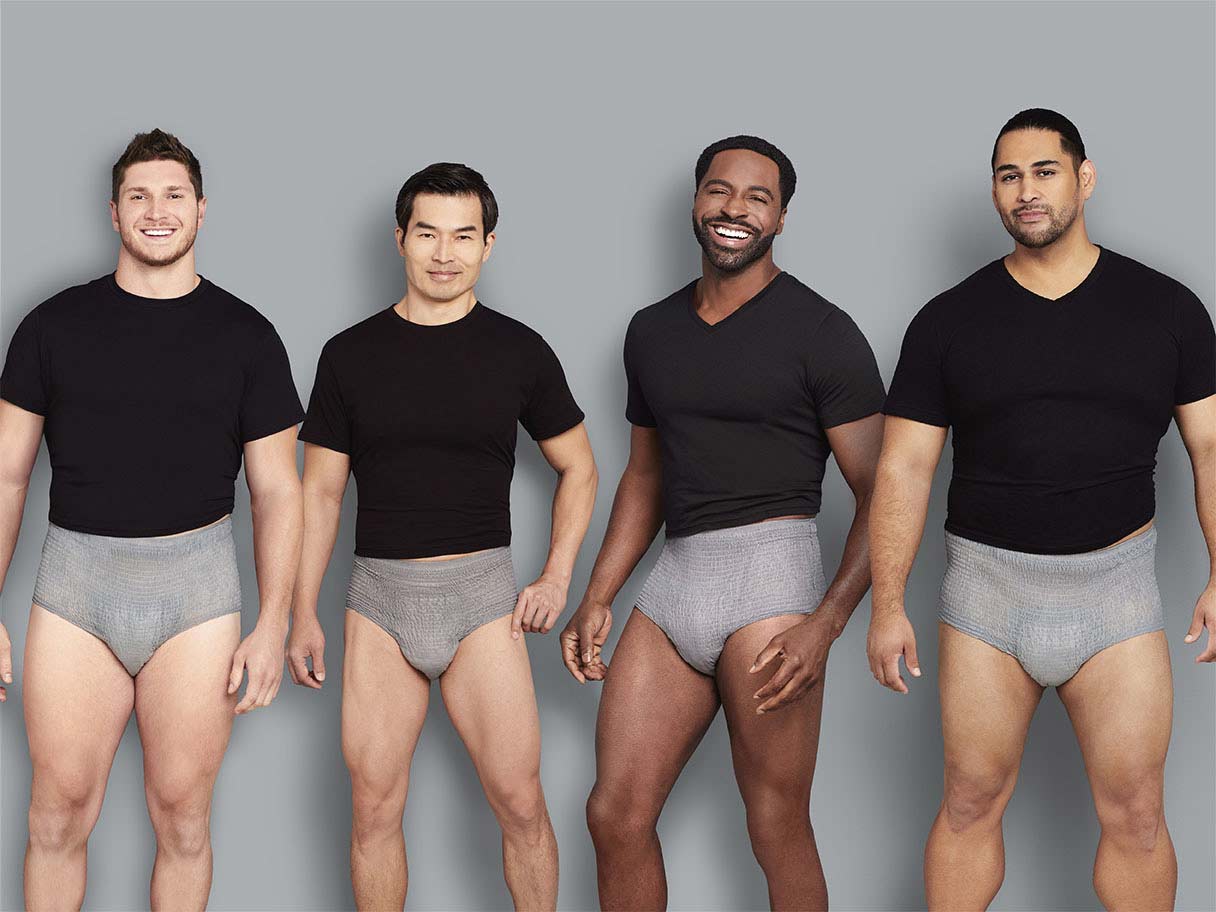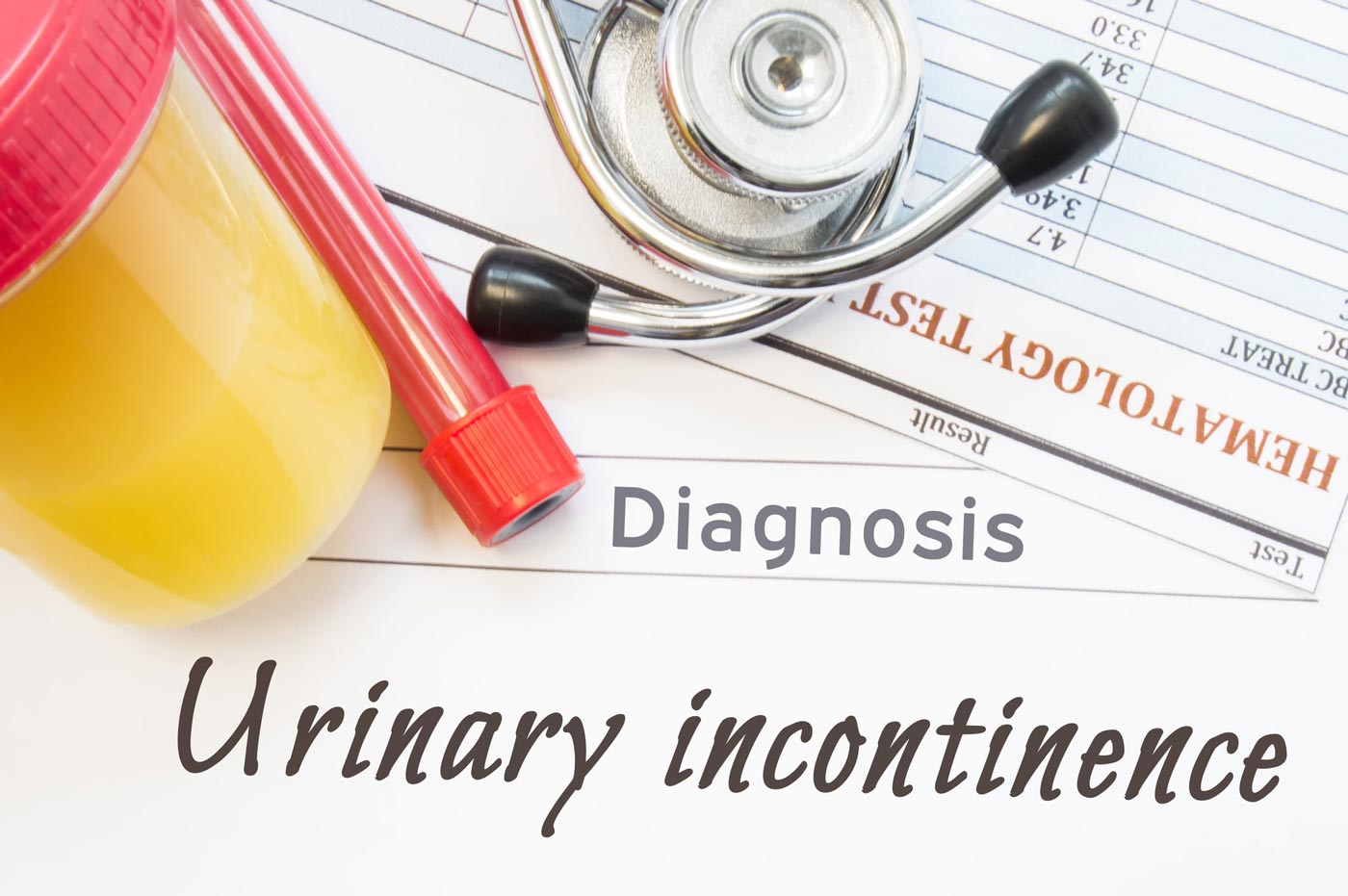Recovery and Care for Incontinence After Prostate Surgery
Recovery and Care for Incontinence After Prostate Surgery
By Kelly Burgess
After Linwood Wright, 68, of Danville, Va., had his prostate removed following a diagnosis of prostate cancer, he experienced incontinence that he thought would eventually clear up on its own. Although it did get better, now, five years after his surgery, he is still dealing with what he terms a "minimal" problem with bladder control.
Wright’s case is not uncommon, as incontinence is a frequent side effect of prostate surgery. However, according to Dr. Judd Moul, director of the Center for Prostate Disease Research in Washington, D.C., in most cases it lasts only a few weeks. Occasionally, though, it may linger, leaving the patient to manage a permanent case of incontinence.
A Prostate Primer
Many prostate conditions can cause bladder weakness or other urinary problems in men. This is because the prostate gland surrounds the urethra, which is the tube that carries urine through the penis. Until puberty, the prostate is the size of a small marble, but after puberty it gradually grows to about the size of a golf ball. After about age 50, the prostate begins to grow again.
Sometimes this growth doesn’t cause any problems at all. However, in some men, the prostate enlarges to the point that it acts as a "clamp" against the urethra, resulting in symptoms such as difficulty starting urination, frequent urination or incontinence. If the problems become severe enough, surgery may be required to correct them.
Men may also experience incontinence as an aftereffect of surgery to remove a cancerous prostate. According to the American Cancer Society, prostate cancer is the second most common cancer in men. However prostate cancer has an overall cure rate of 97 percent, and when caught early, has a cure rate of 100 percent.
Prostate cancer and prostate enlargement share many of the same symptoms, so it’s important to see your doctor if you experience any changes in your urinary habits.
Prostate Surgery
While surgery is the most common treatment for both benign prostate conditions and prostate cancer, the procedures are different. In surgery for prostate cancer, the prostate gland is either partially or totally removed. Surgery to relieve an enlargement, however, generally does not require removal of the prostate gland, only the enlarged tissue. Even though the surgeries for both conditions take different approaches, the recovery process is remarkably similar. With either procedure, Dr. Moul says the patient typically spends three to 10 days in the hospital, with a further recovery period of at least several weeks.
Because both surgeries involve significant trauma to the urethra, bladder weakness may result. Dr. Charles Myers, founder of the American Institute for Diseases of the Prostate and a prostate cancer survivor, says Medicare statistics indicate that one-fifth of men experience incontinence after prostate surgery. Of that number, around 10 percent still experience some form of incontinence one year after surgery.
Lingering incontinence is can be caused by the removal of a part of the bladder that controls urine flow along with the diseased prostate. However, men may be able to train the remaining muscles in the bladder to take over that function over time.
Managing Incontinence
For men who experience incontinence during the recovery period from surgery, Dr. Moul and Dr. Myers both recommend disposable absorbent garments, such as DEPEND® Guards for Men, which are ultra-thin, super-absorbent pads designed to fit a man's anatomy.
Wright is a prostate cancer survivor who continues to have incontinence beyond the recovery phase. Now, several years after his surgery, he uses one pad per day since he needs only light protection. "I value the use of DEPEND® for men because they provide protection without discomfort," he says.
And while incontinence is certainly manageable, Dr. Moul also recommends that men discuss bladder control problems with their doctor during follow-up appointments after the surgery. This allows their healthcare provider to determine if it is part of the recovery process and not a separate problem that needs to be evaluated.
The Bigger Picture
It's also important to remember that men are also dealing with the emotional ramifications of surgery and often a diagnosis of cancer, and their doctors should help them manage all of the aftereffects.
"In the first year after prostate surgery men are supposed to be seen by their urologist every three months," says Dr. Moul. "A good urologist should be paying attention not just to the incision or the disease, but to the other health factors as well, such as emotional recovery, sexual recovery and urinary recovery." All of which are important to getting back on the road to a full and active life.






